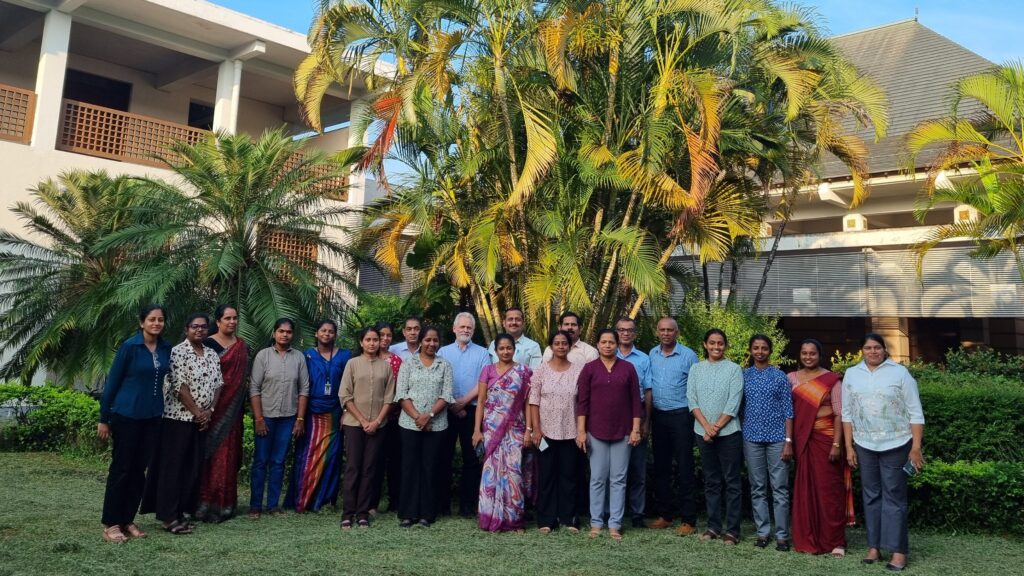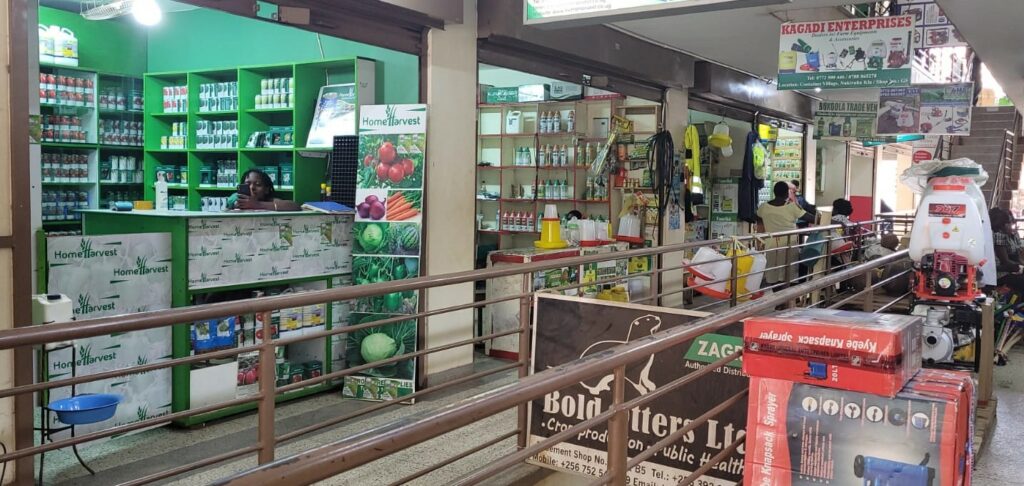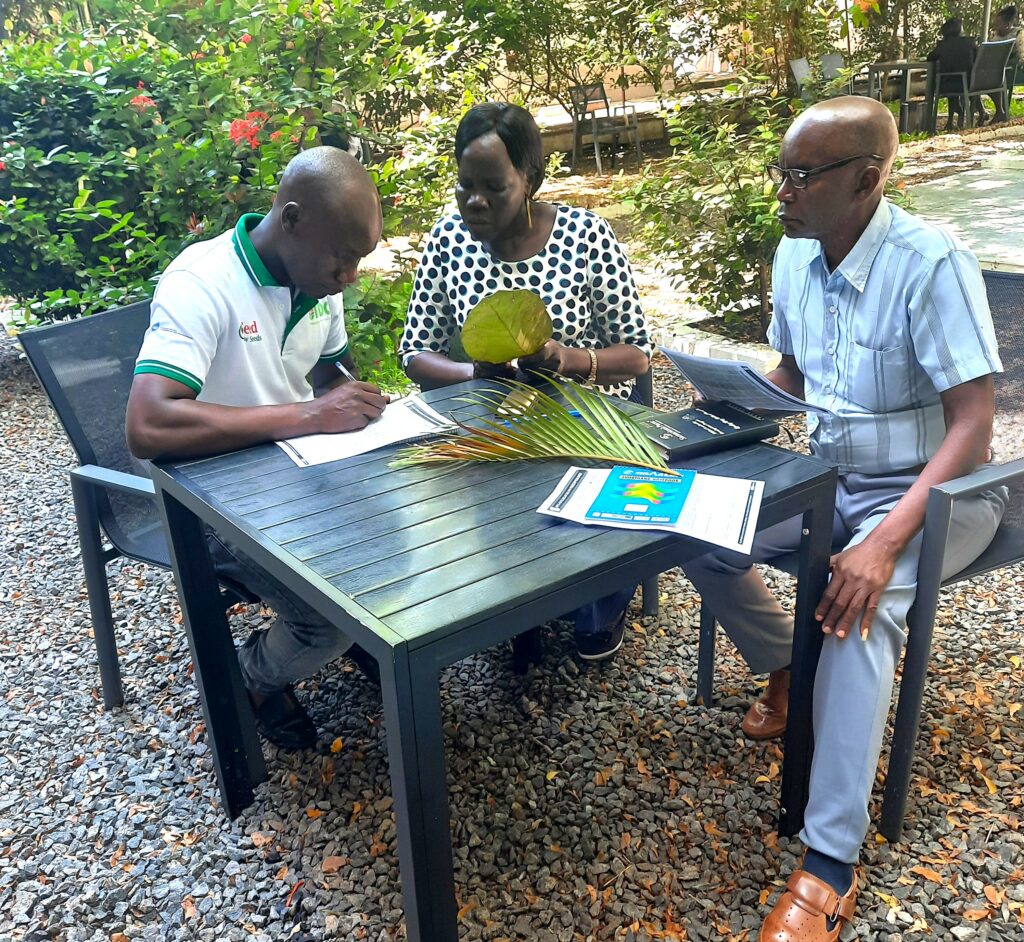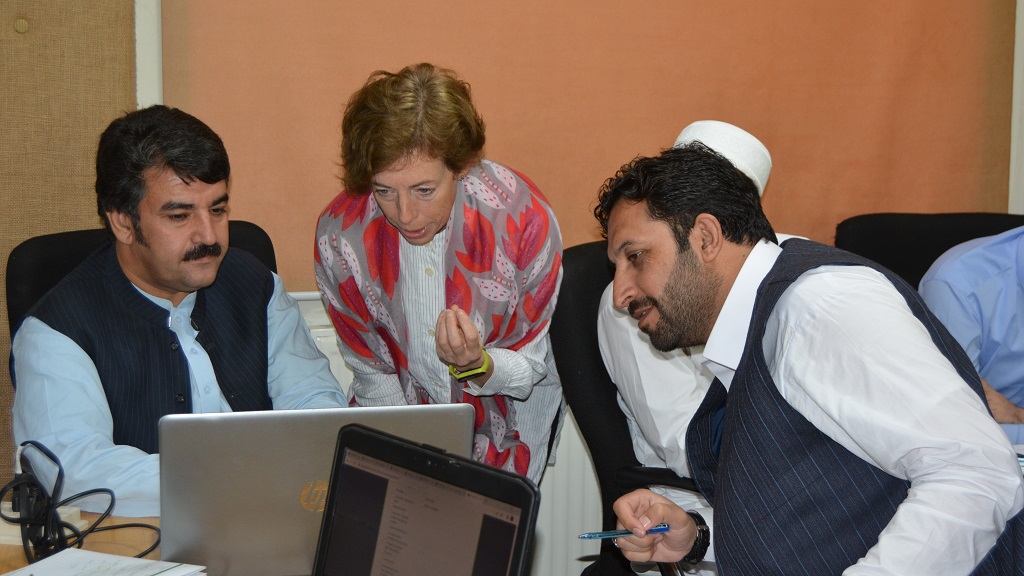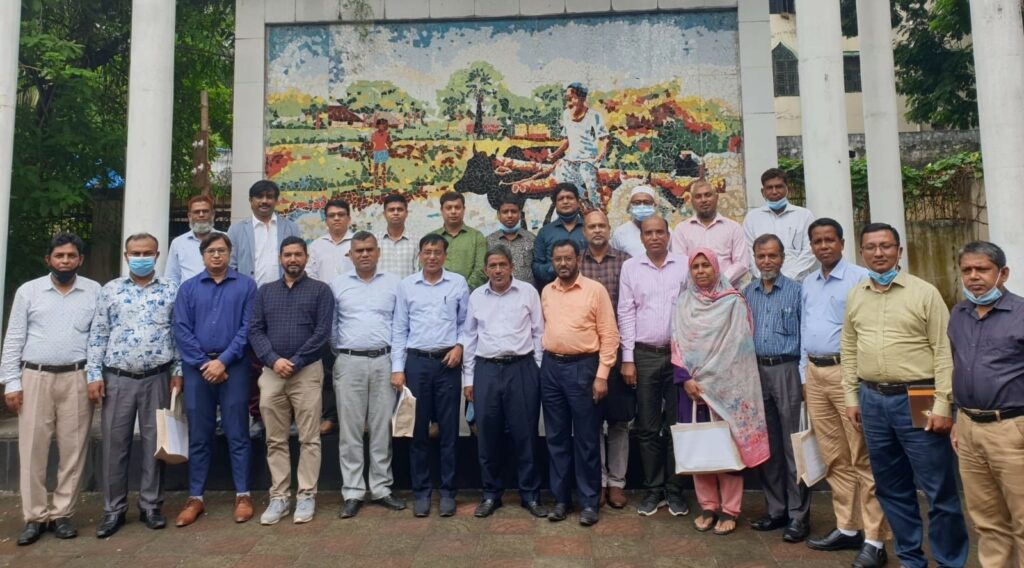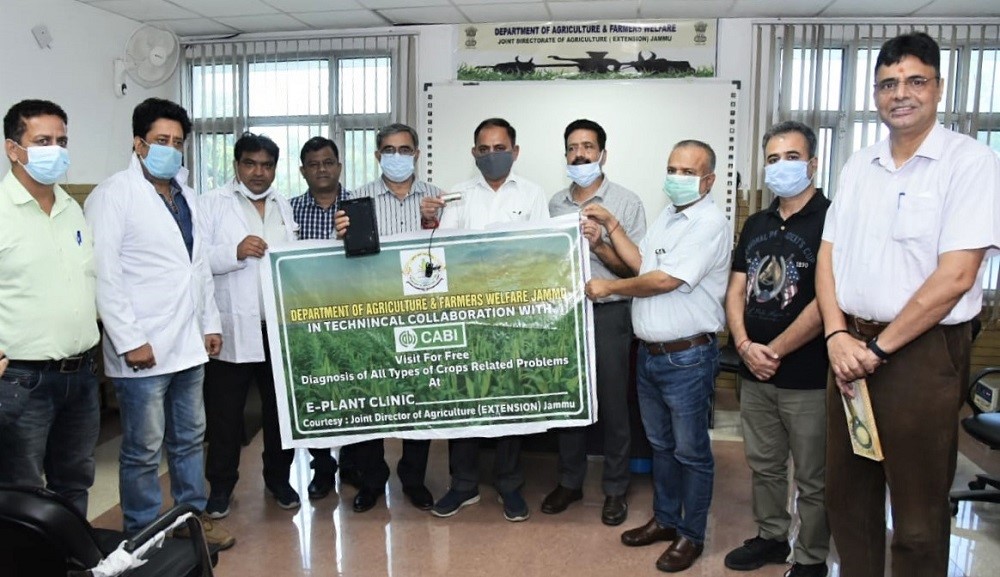Training Sri Lanka’s agro-dealers in pesticide risk reduction
Agro-dealers provide vital support to Sri Lanka’s farmers. These agricultural input suppliers are often the first point of contact for smallholders who need advice on plant protection products. However, agro-dealers often lack formal training in safer pesticide use and pesticide alternatives. This can lead to the misuse of agro-chemicals, environmental harm, and health risks for…
Blueprint for change: how a training manual will support pesticide risk reduction in Uganda
In the evolving landscape of pesticide regulation and safety, well-crafted training manuals are indispensable tools. They ensure that people who use pesticides can effectively navigate and implement risk reduction strategies. These knowledge resources can become a blueprint for changing behaviour around pesticides.
Can Uganda’s agro-dealers become champions of sustainable pest control?
The global surge in pesticide use has helped to increase agricultural productivity. However, it has also raised alarms about the risks they pose to health and the environment. In many low- and middle-income countries, agro-input dealers (commonly called agro-dealers) play a central role in supplying farmers with inputs such as fungicides, herbicides and insecticides. They…
PlantwisePlus delivers plant health ‘training of trainers’ in South Sudan
South Sudan’s agricultural sector is vital to its economy and employs most of the population. The FAO estimates that up to 95% of South Sudan relies on agriculture for income. Diverse crops like cassava, maize, groundnut and sorghum characterize farming here. However, agriculture in this East African nation faces challenges. Climate change and global warming,…
Plant doctors help in fight against crop threats in Jammu, India
The role Plantwise plant doctors play in helping smallholder farmers mitigate crop losses due to pests and diseases has been lauded by K.K. Sharma – the Director of Agricultural Production & Welfare Department in Jammu, India.
New plant doctors trained in Pakistan
By Umair Safdar, CABI Pakistan Plant health is increasingly under threat from a range of abiotic factors – such as nutritional deficiencies, extremes in temperature, adverse soil pH, pollutants – as well as biotic factors such as fungi, bacteria, viruses, nematodes, insects and other animals. Diagnosing and managing these issues requires a new approach in…
Making data digital in Pakistan
By Umair Safdar, Plantwise Pakistan Agriculture is increasingly knowledge-intensive with a continuing need to provide the right information to the people who need it most, making a real difference to their livelihoods. This ensures food security for the ever-growing population by providing the best possible remedies for crop health issues. Globally, rapid adoption of ICT…

